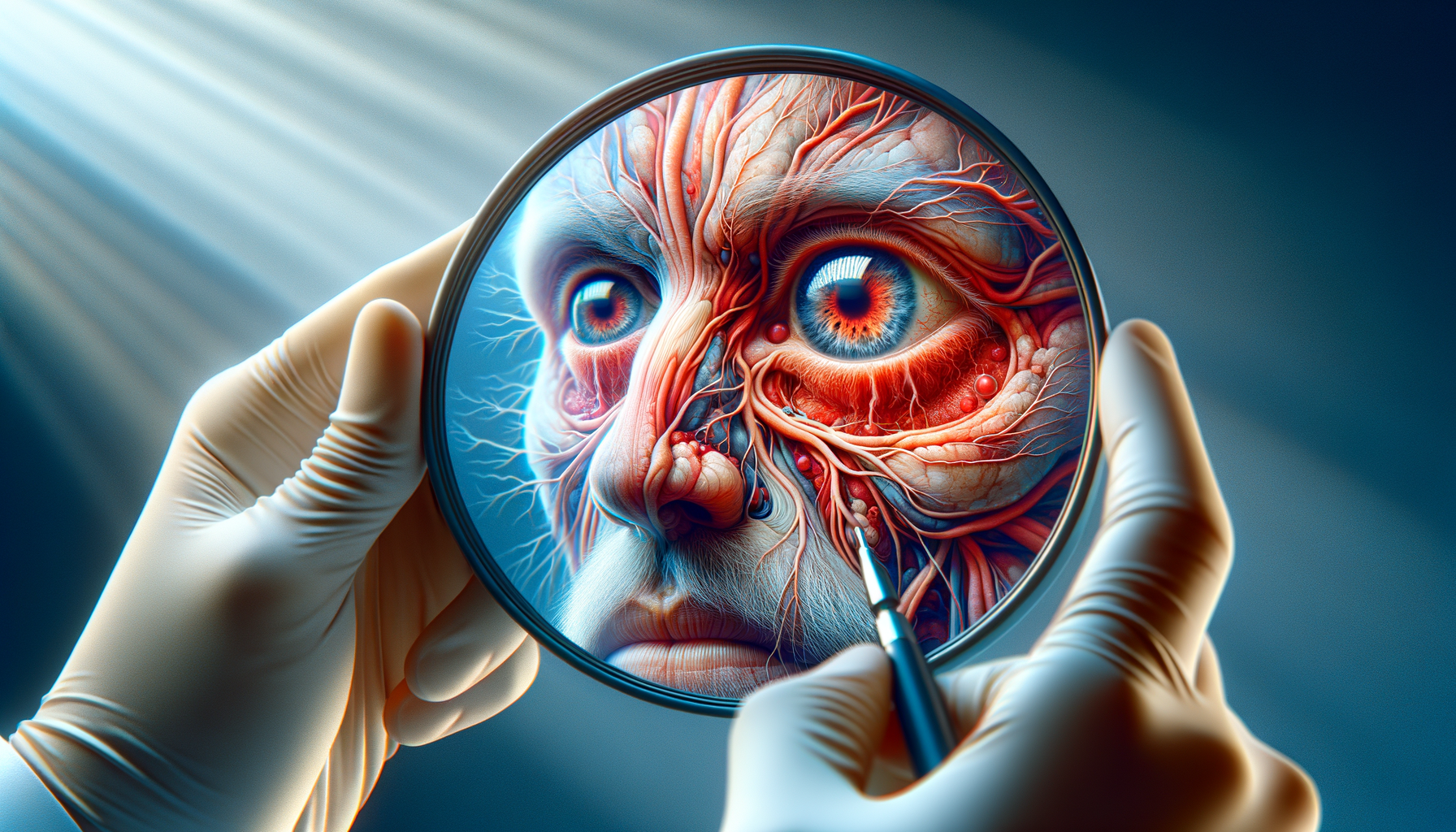
What Eye Doctors Want You to Know About Macular Degeneration
Understanding Macular Degeneration
Macular degeneration, often referred to as age-related macular degeneration (AMD), is a prevalent eye condition that primarily affects individuals over the age of 50. It targets the macula, a small but vital area in the retina responsible for central vision. This condition can lead to significant vision loss, making everyday tasks such as reading, driving, and recognizing faces challenging. There are two main types of AMD: dry and wet. Dry AMD is more common and progresses gradually, while wet AMD is less common but can lead to rapid vision loss due to abnormal blood vessel growth beneath the retina.
The risk factors for developing macular degeneration include age, genetics, smoking, and prolonged exposure to ultraviolet light. Additionally, individuals with a family history of AMD are at a higher risk. Early detection through regular eye exams is crucial, as it allows for timely intervention and management to slow the progression of the disease. Treatment options vary depending on the type and stage of AMD, ranging from lifestyle changes and nutritional supplements to advanced therapies like anti-VEGF injections for wet AMD.
Understanding the symptoms of macular degeneration is essential for early detection. Common symptoms include blurred or distorted vision, difficulty seeing in low light, and a gradual loss of central vision. If you notice any of these signs, it’s important to consult an eye care professional promptly. Regular eye exams, especially for those over 50, can help detect AMD in its early stages, allowing for more effective management and preservation of vision.
Prevention and Lifestyle Adjustments
While macular degeneration cannot be entirely prevented, certain lifestyle adjustments can reduce the risk and slow its progression. A diet rich in antioxidants, vitamins, and minerals plays a crucial role in eye health. Foods high in omega-3 fatty acids, such as fish, along with leafy greens, nuts, and fruits, are beneficial for maintaining healthy vision. Additionally, maintaining a healthy weight and controlling blood pressure can help reduce the risk of developing AMD.
Smoking is a significant risk factor for macular degeneration, and quitting smoking can greatly reduce the likelihood of developing the condition. Protecting your eyes from excessive sunlight by wearing sunglasses with UV protection is another important preventive measure. Regular exercise and managing chronic conditions like diabetes and hypertension can also contribute to overall eye health.
For those already diagnosed with AMD, taking prescribed nutritional supplements, known as AREDS (Age-Related Eye Disease Studies) formulations, can help slow the progression of the disease. These supplements typically contain high doses of vitamins C and E, zinc, copper, and lutein. However, it’s essential to consult with an eye care professional before starting any supplement regimen to ensure it aligns with your specific health needs.
Advancements in Treatment and Research
In recent years, advancements in the treatment and research of macular degeneration have provided new hope for those affected by the condition. Anti-VEGF (vascular endothelial growth factor) therapy has become a cornerstone treatment for wet AMD, significantly improving outcomes by inhibiting the growth of abnormal blood vessels in the retina. These injections have been shown to stabilize and even improve vision in many patients.
Research is ongoing to develop new therapies and technologies to combat AMD. Gene therapy, for instance, is an emerging field that aims to modify or replace faulty genes responsible for the disease. Additionally, stem cell therapy holds promise in regenerating damaged retinal cells, potentially restoring lost vision. Clinical trials are underway to explore the efficacy and safety of these innovative treatments.
For those living with macular degeneration, staying informed about the latest research and treatment options is vital. Participating in clinical trials can provide access to cutting-edge therapies while contributing to the advancement of medical knowledge. Eye care professionals can offer guidance on available clinical trials and help determine if participation is suitable for you. As research continues to evolve, the future of macular degeneration treatment looks promising, with the potential to significantly improve the quality of life for those affected by this challenging condition.


